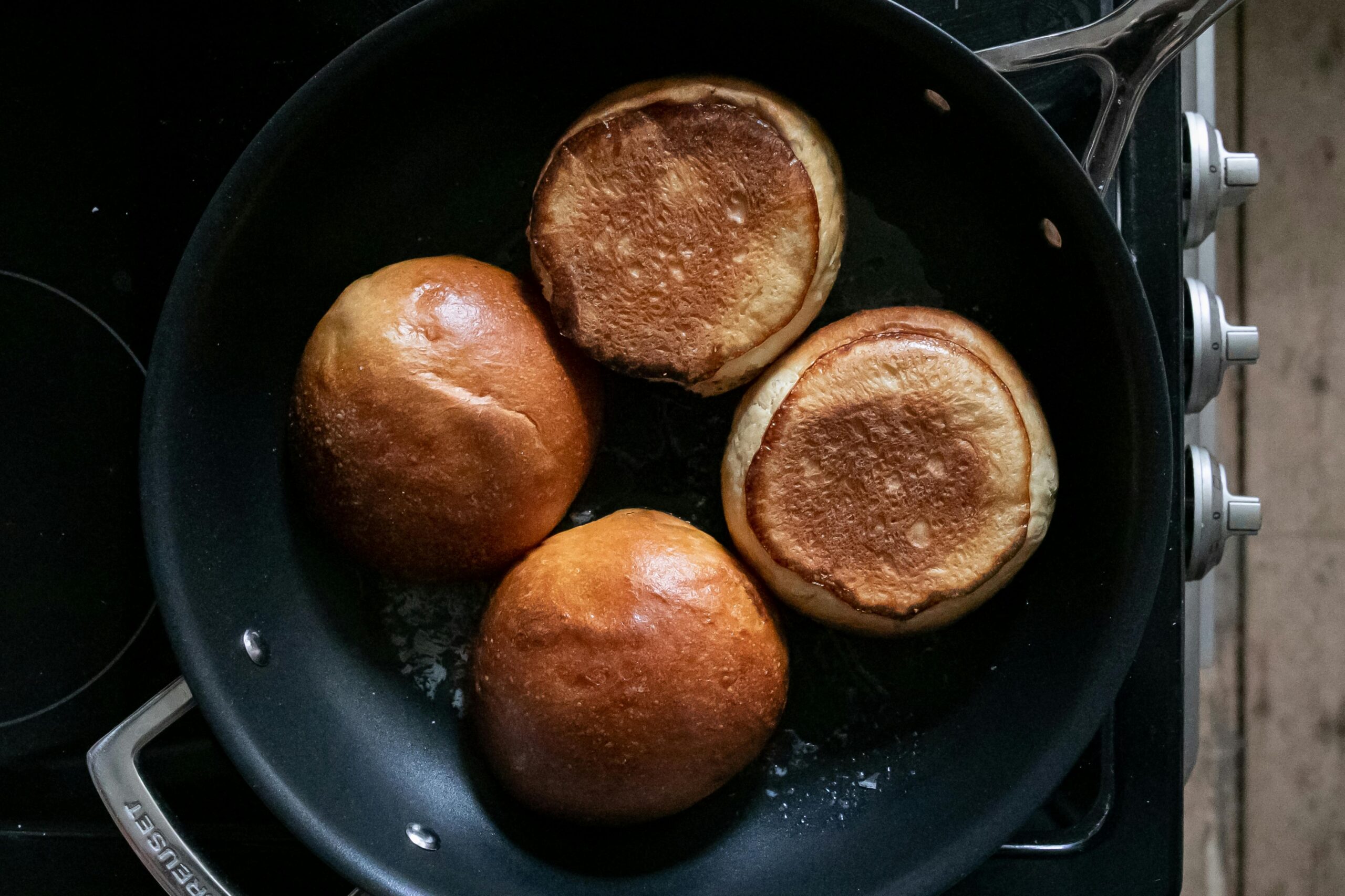The WWF report published yesterday, which revealed that Denmark’s ecological footprint per capita is the fourth largest in the world, also showed that 25 percent of all mammals and every third bird species in Denmark are threatened with extinction.
Bo Håkansson, a biologist from the national nature preservation association Danmarks Naturfredningsforening, said that many of Denmark’s animals will become extinct because the nation’s nature has changed significantly in recent years.
“In Denmark, two thirds of our land is now agriculture and for the hare, it’s a desert,” Håkansson told Jyllands-Posten newspaper. “There is no food for it there and it means that in some areas, the hare is pretty much gone.”
READ MORE: WWF: Denmark has world’s fourth largest ecological footprint
No agricultural incentive
About every fourth animal species in Denmark is on the Red List – the list of animals threatened with extinction in Denmark compiled by the Danish Centre for Environment and Energy at Aarhus University – but there are also animals that thrive in agricultural areas that are doing very well, such as roe deer.
But the farmers aren’t to blame, said Håkansson.
”The way the rules work today, when a farmer transforms land into a more nature-friendly area, he is punished. He receives no compensation for earnings lost by not farming the nature-friendly land,” Håkansson said.
According to the Red List, 25 percent of mammals are threatened, as are 34 percent of birds, 26 percent of freshwater fish and 28 percent of insects. Some 14 percent of reptiles and 20 percent of amphibians are also under threat, as are eight percent of arachnids. In total, 978 out of Denmark’s 3,768 animal species are on the Red List.
Among the mammals found on the Red List (here in Danish) are the hare, pine marten, otter, grey seal, and a number of bat and mouse species.
READ MORE: Government to transform agriculture into natural habitat















